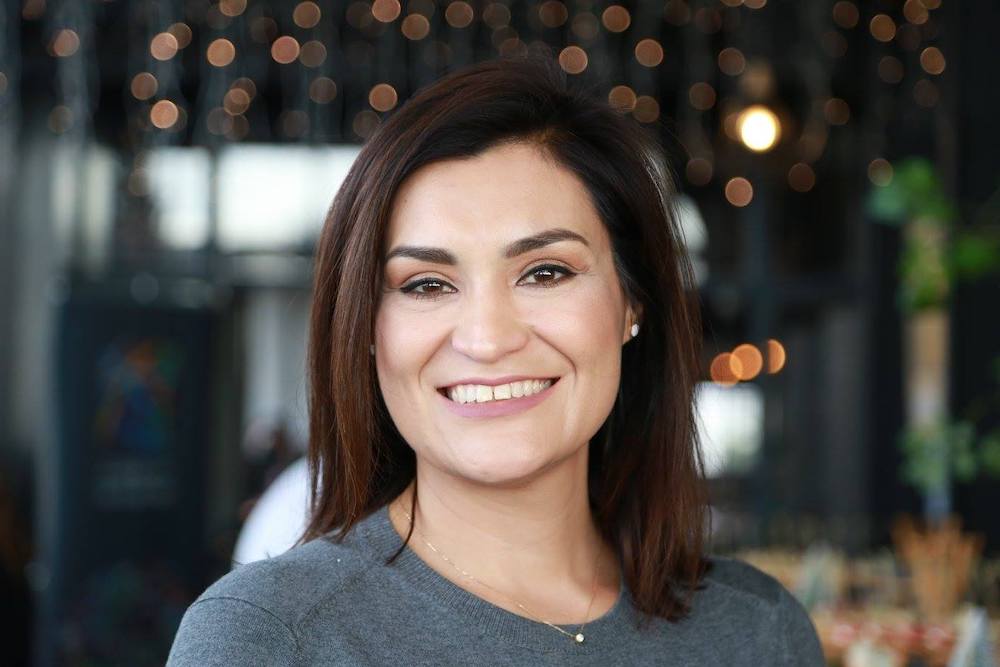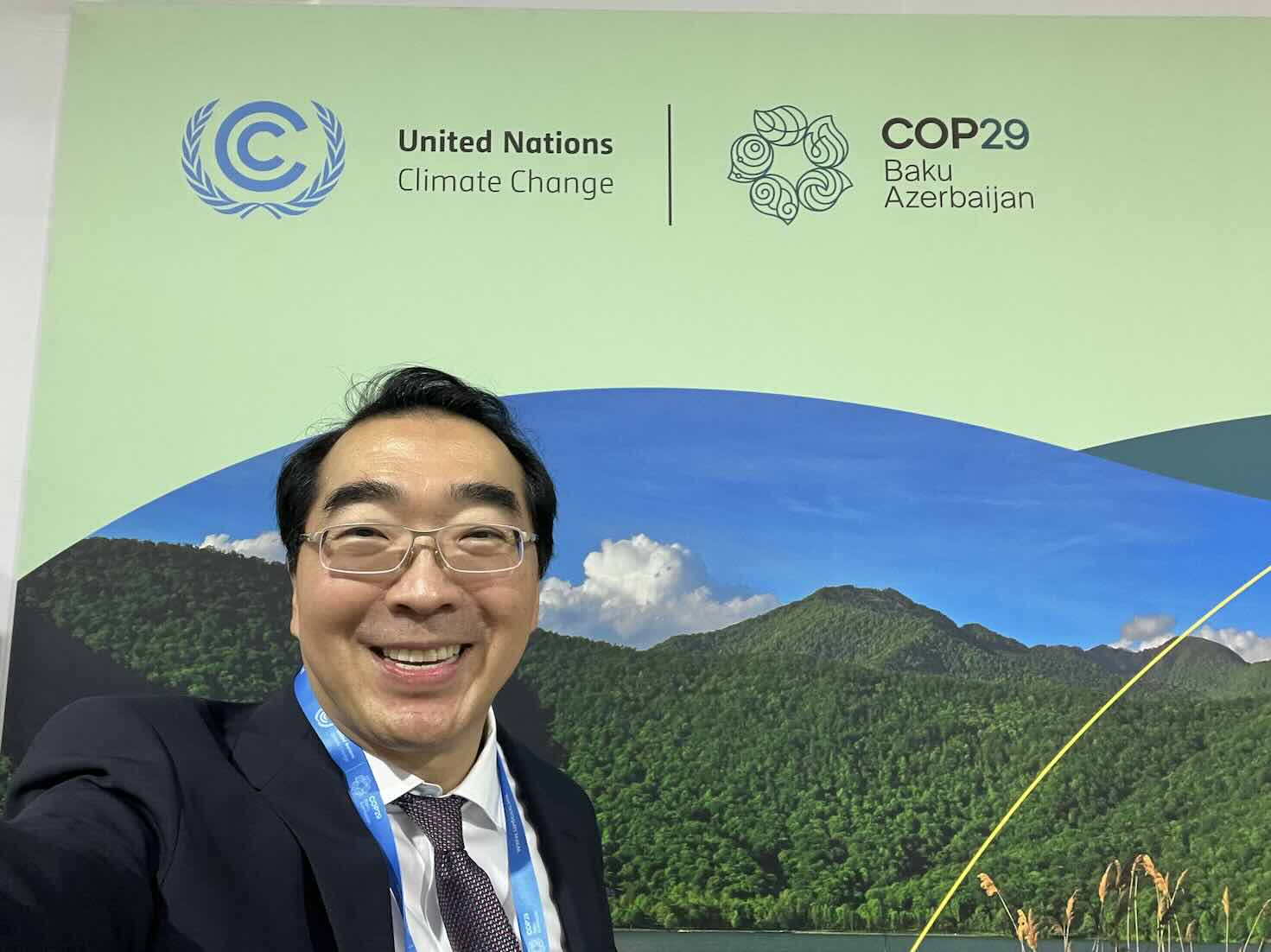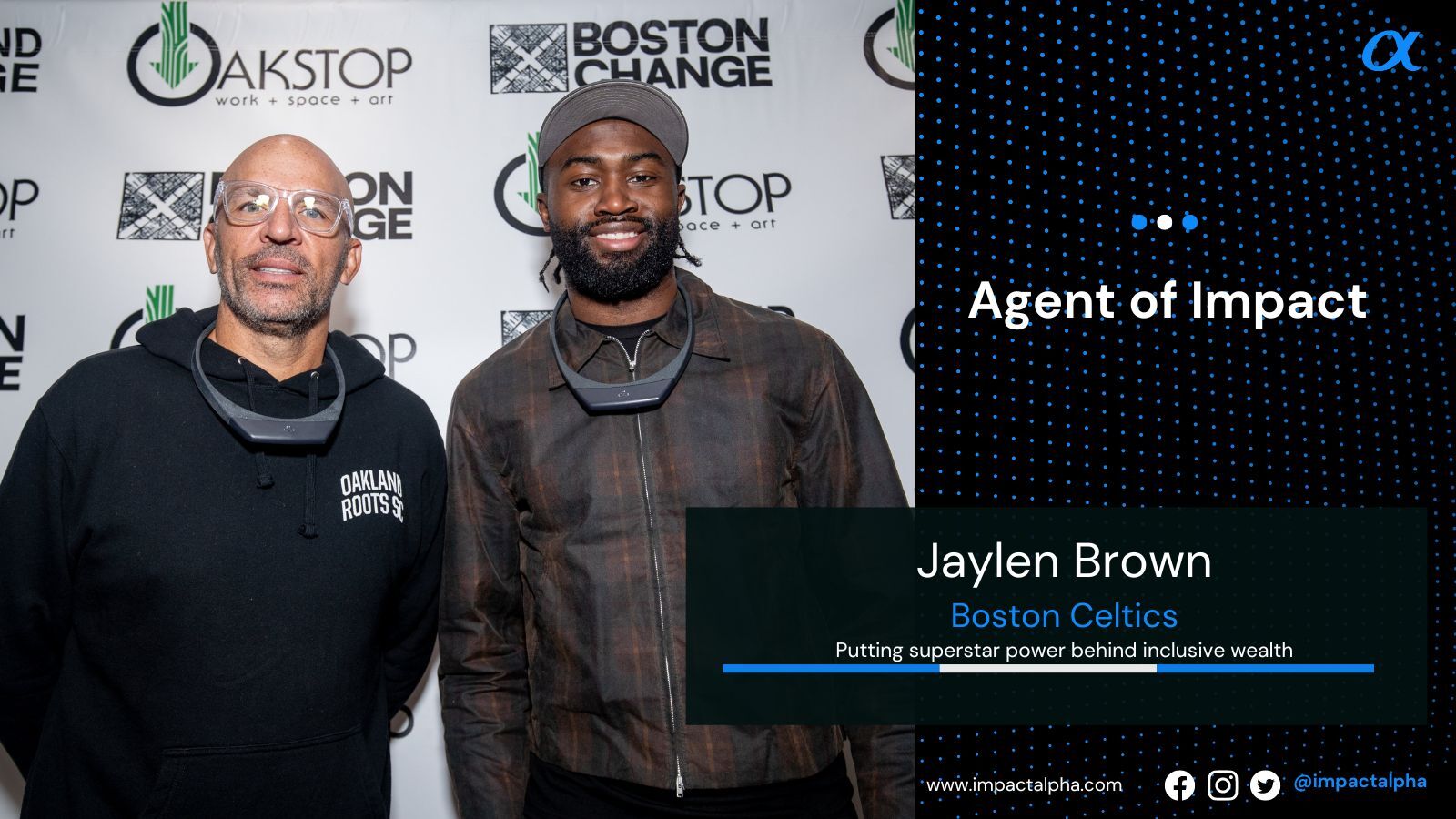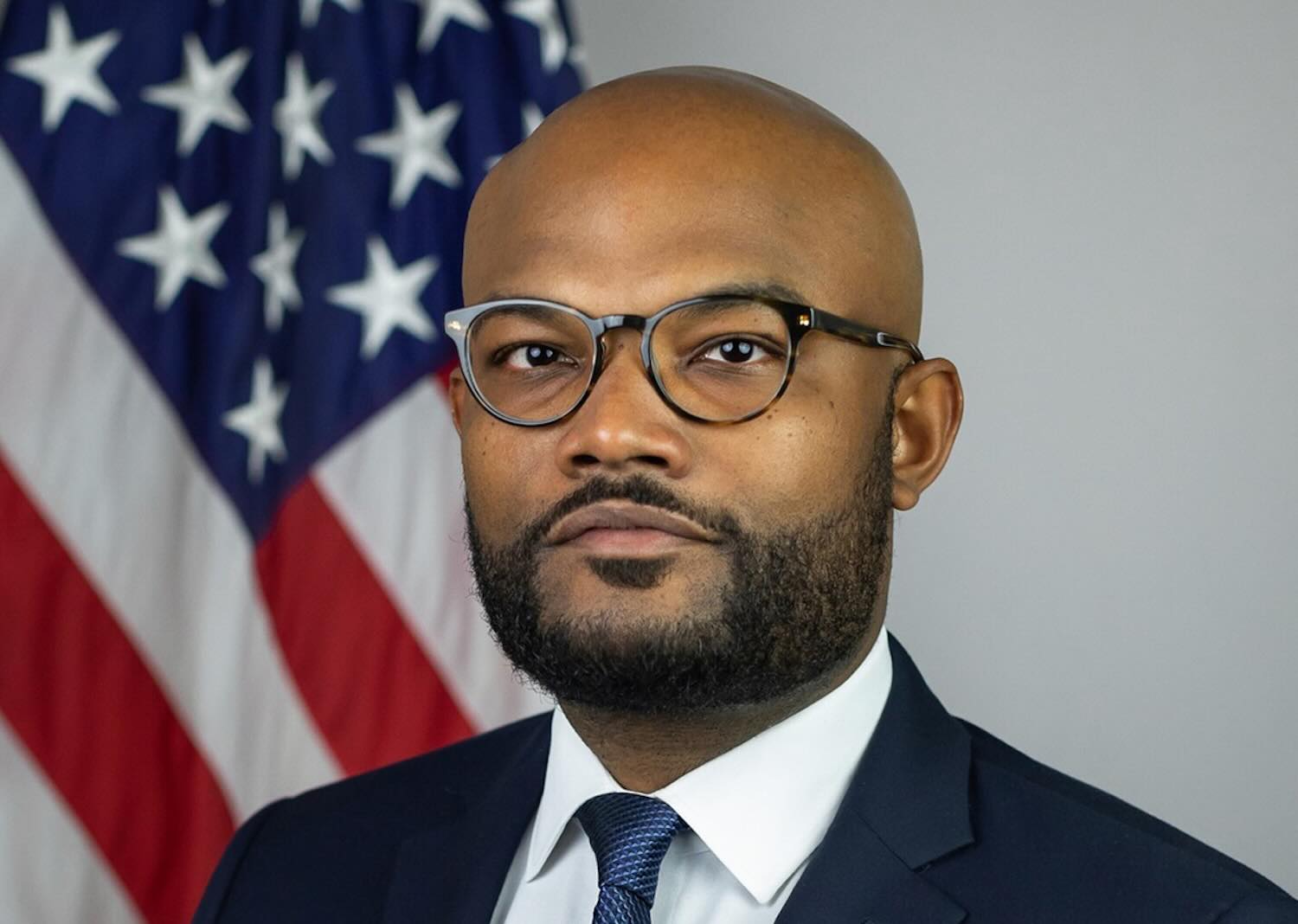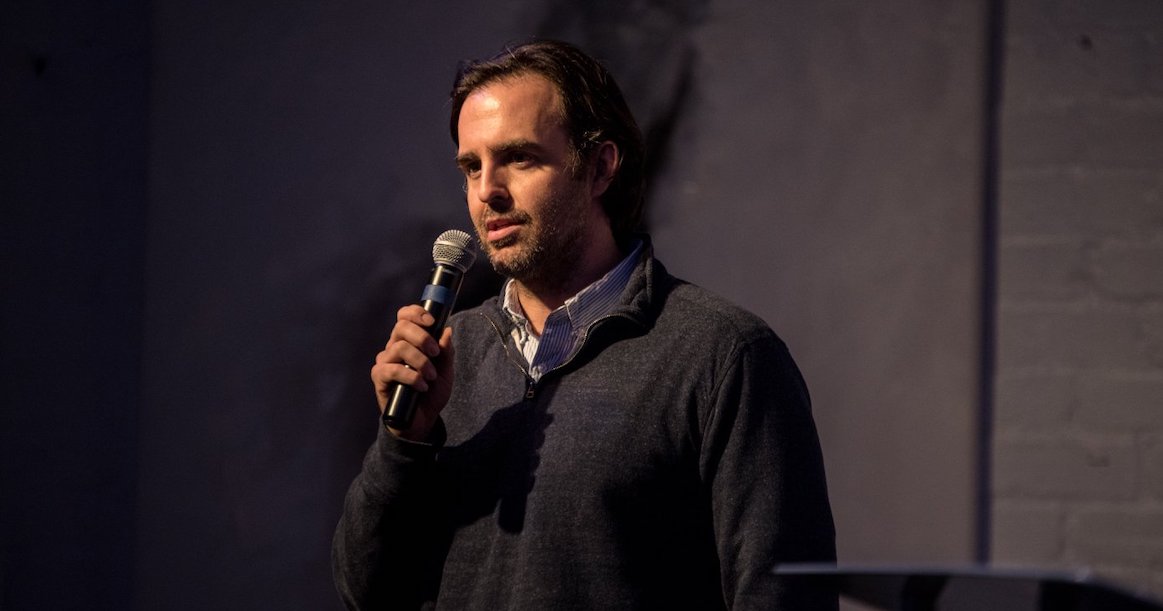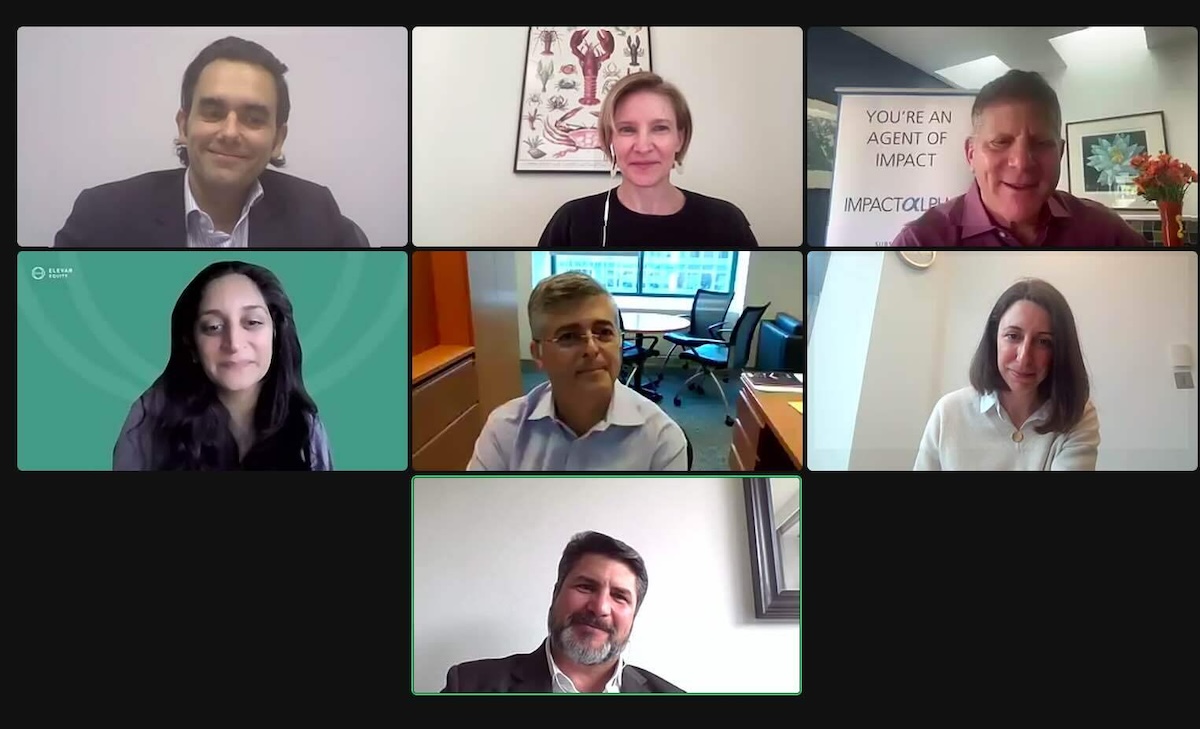ImpactAlpha, February 18 – The risk factors for a venture fund based in Ramallah, Palestine are obvious; the opportunities perhaps less so.
“The Israeli occupation presents extra challenges for companies that rely on imports or exports,” says Amleh, who co-founded Ibtikar Fund six years ago with partner Habib Hazzan to bridge the early-stage funding gap for Palestinian entrepreneurs. “But technology is borderless. You can build great companies from here, supporting markets anywhere in the world, and it can be done profitably and effectively.”
Investors seem to share that vision: Ibtikar has raised $15 million for its second fund from the Bank of Palestine, the Dutch Good Growth Fund, International Finance Corp. and local and diaspora Palestinian investors. The firm is hoping to raise $30 million by the end of the year.
“Our investors are excited to support a fund in Palestine in any way that they can,” Amleh says.
Amleh has spent more than a decade working to build Palestine’s entrepreneurial ecosystem. The Mexican-American MBA from California and Arizona arrived in Ramallah in 2011 with the Palestinian negotiations team, which had hired her to do marketing and public relations. After marrying a Palestinian man, she stayed to support FastForward, Palestine’s first startup accelerator, and the eZone entrepreneur hub.
At Ibtikar, Amleh uses her seat at pitch sessions and investment committee meetings to support Palestine’s women entrepreneurs and to help companies get more women into leadership positions. Women lead 40% of Ibtikar’s portfolio companies, including Tawazon, an Arabic language meditation app.
“I have been the only woman in the room many times in my life,” says Amleh. “That has to change. We need to see more women GPs throughout the world.”
Half of the 26 companies Ibtikar backed through its first fund are still operating today, about on par with global averages. Ibtikar remains one of the few venture investors in Palestine.
“In places like Palestine, it’s game-changing,” she says. “It’s stimulating for many reasons, including economic development, and putting Palestine on a map that is not only political.”



